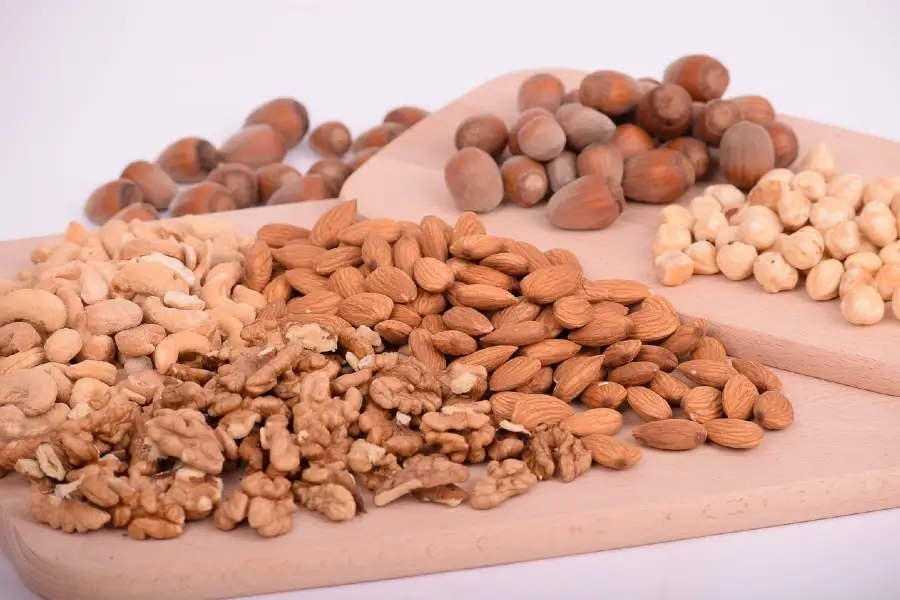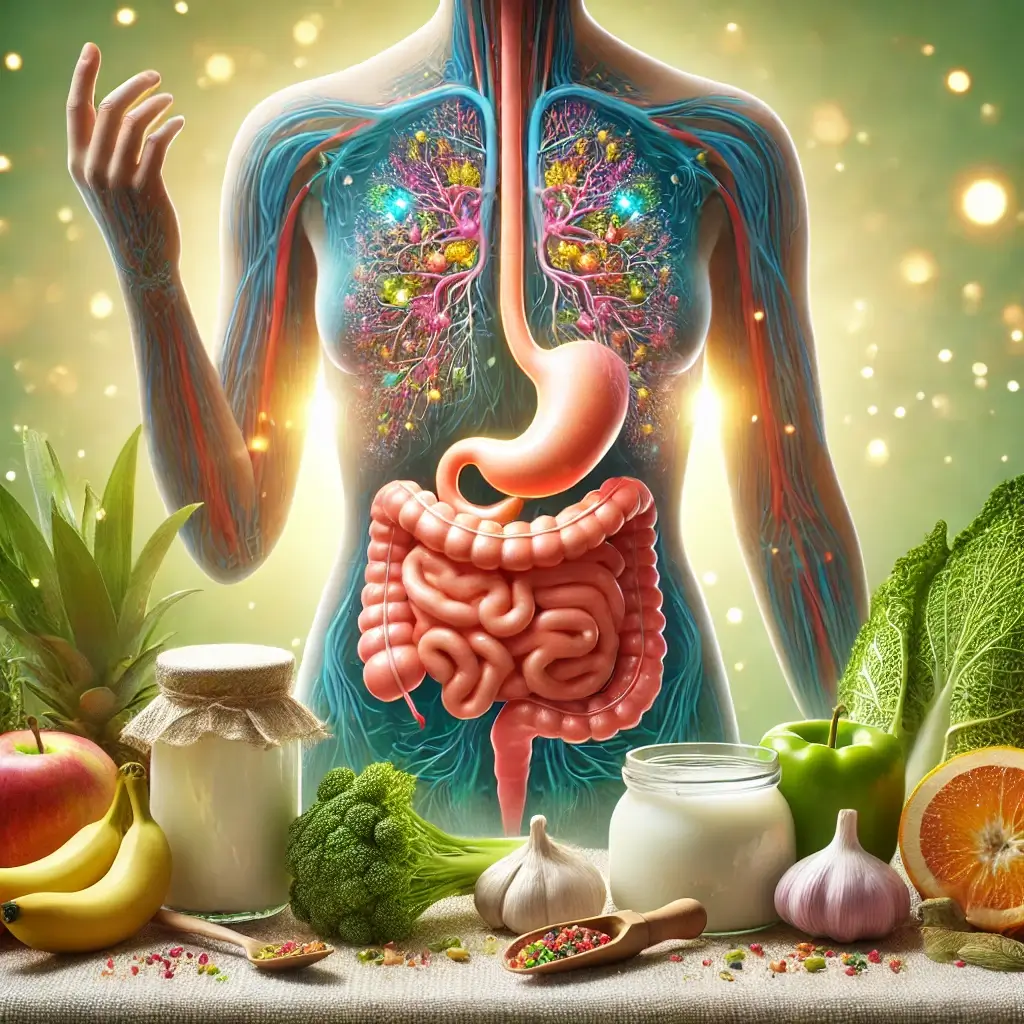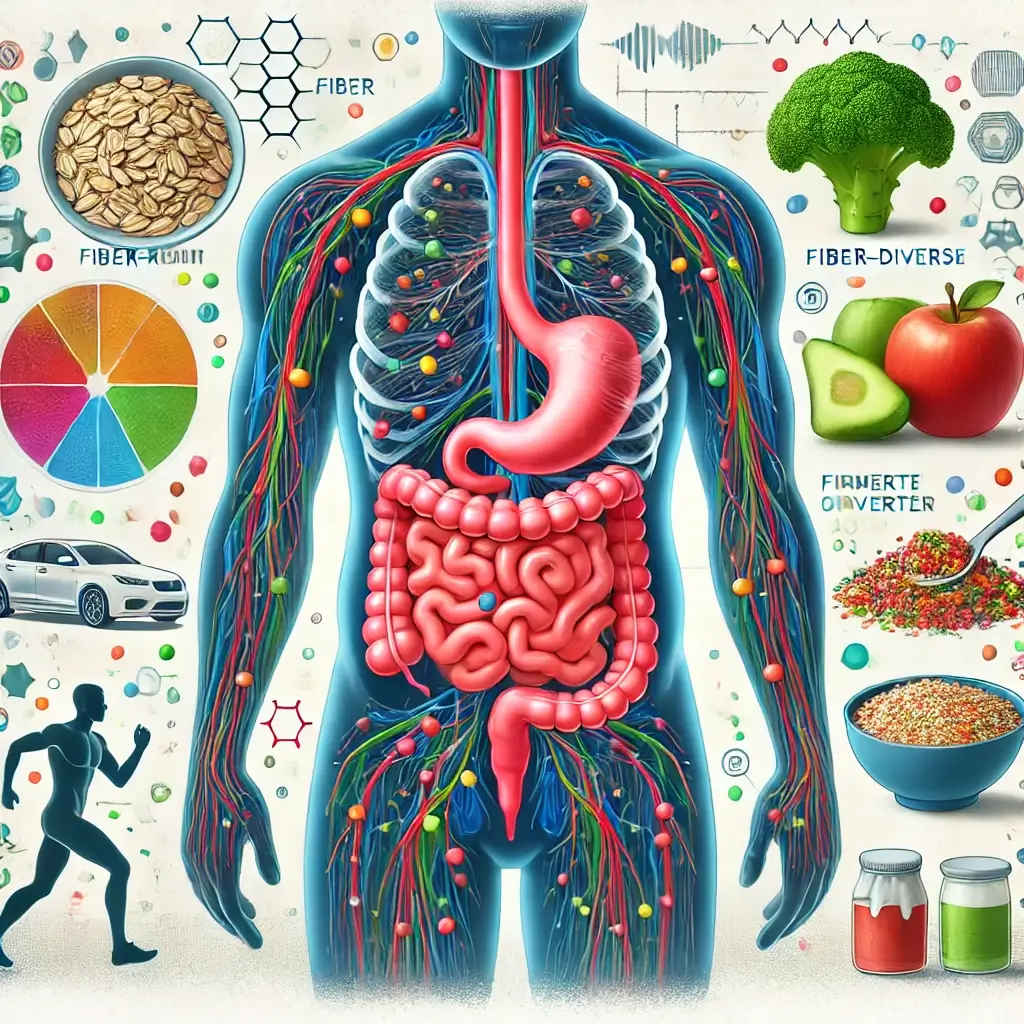High-Protein Foods Promote Gut Health
You’re entirely correct! Specific high-protein diets can improve intestinal health. Here’s an explanation of how protein and gut health are related:
Gut Microbiome: The gut microbiome is a complex and dynamic ecology essential for our overall health and well-being. This population of billions of bacteria, viruses, and other microorganisms living in our intestines is often called the “second brain” because of its tremendous influence on many physiological processes.
These gut microorganisms are crucial for optimal digestion and nutritional absorption of food. They break down complex substances like carbohydrates and proteins into smaller, more absorbable components.
This procedure not only aids in nutritional extraction but also promotes a healthy gut flora balance, which is critical for preventing dangerous bacteria overgrowth.
Protein, in particular, is an essential macronutrient because it offers the critical amino acids that these gut bacteria require for growth and function. The gut microbiota contributes to the digestive system’s general health and integrity by breaking down and metabolizing protein.
In conclusion, the gut microbiome is a complicated and essential part of our general health, influencing digestion, nutrition absorption, immune function, and brain health.
Furthermore, byproducts of protein breakdown, such as short-chain fatty acids, have been demonstrated to have anti-inflammatory effects and can help to maintain a healthy immune system.
Furthermore, the gut microbiota is inextricably linked to the brain via the gut-brain axis. This two-way communication system allows the stomach to influence cognitive function, emotion, and behavior.
This link emphasizes maintaining a healthy and diverse gut microbiome since imbalances or disturbances can lead to various neurological and mental health issues.
In conclusion, the gut microbiome is a complicated and essential part of our general health, influencing digestion, nutrition absorption, immune function, and brain health.
Understanding the importance of this microbial community and maintaining a balanced and diversified gut flora allows us to improve our general health proactively.
A varied gut flora is necessary for optimal gut health. A diverse protein intake can help encourage a more excellent range of gut microorganisms.
It is an excellent source of complete protein and necessary elements.
Here are some examples of high-protein diets that can improve intestinal health:
1. Lean Meat and Poultry:
- Chicken breast
- Turkey Breast
- Fish (salmon, tuna, sardines) are high in omega-3 fatty acids and are beneficial to gut health.
- Lean slices of beef and pork
2. Plant Protein Sources:
- Beans and lentils are an excellent source of fiber, which feeds beneficial intestinal bacteria.
- Tofu and tempeh are fermented soy products with probiotics that can directly contribute to gut bacteria.
- Nuts and seeds include protein, fiber, and healthy fats.
3. Eggs:
- Choose whole eggs for additional nutrients such as choline. It is an excellent source of complete protein and necessary elements.
Here are some more recommendations for improving gut health with protein:
Variety is vital: Include protein sources from several categories in your diet to provide various amino acids to your gut bacteria.
Balance with fiber: Combine protein with fiber-rich carbohydrates such as vegetables, whole grains, or fruits—fiber functions as a prebiotic, nourishing beneficial intestinal microorganisms.
Limit processed meats: Processed meats are frequently heavy in harmful fats, salt, and nitrates, which can harm gut health.
Moderation is crucial: While protein is essential, excessive protein consumption can strain the kidneys and disturb the gut microbiota.
Remember that the best approach to good gut health is to eat a well-balanced diet rich in protein and other gut-friendly foods such as fruits, vegetables, and fermented foods.













